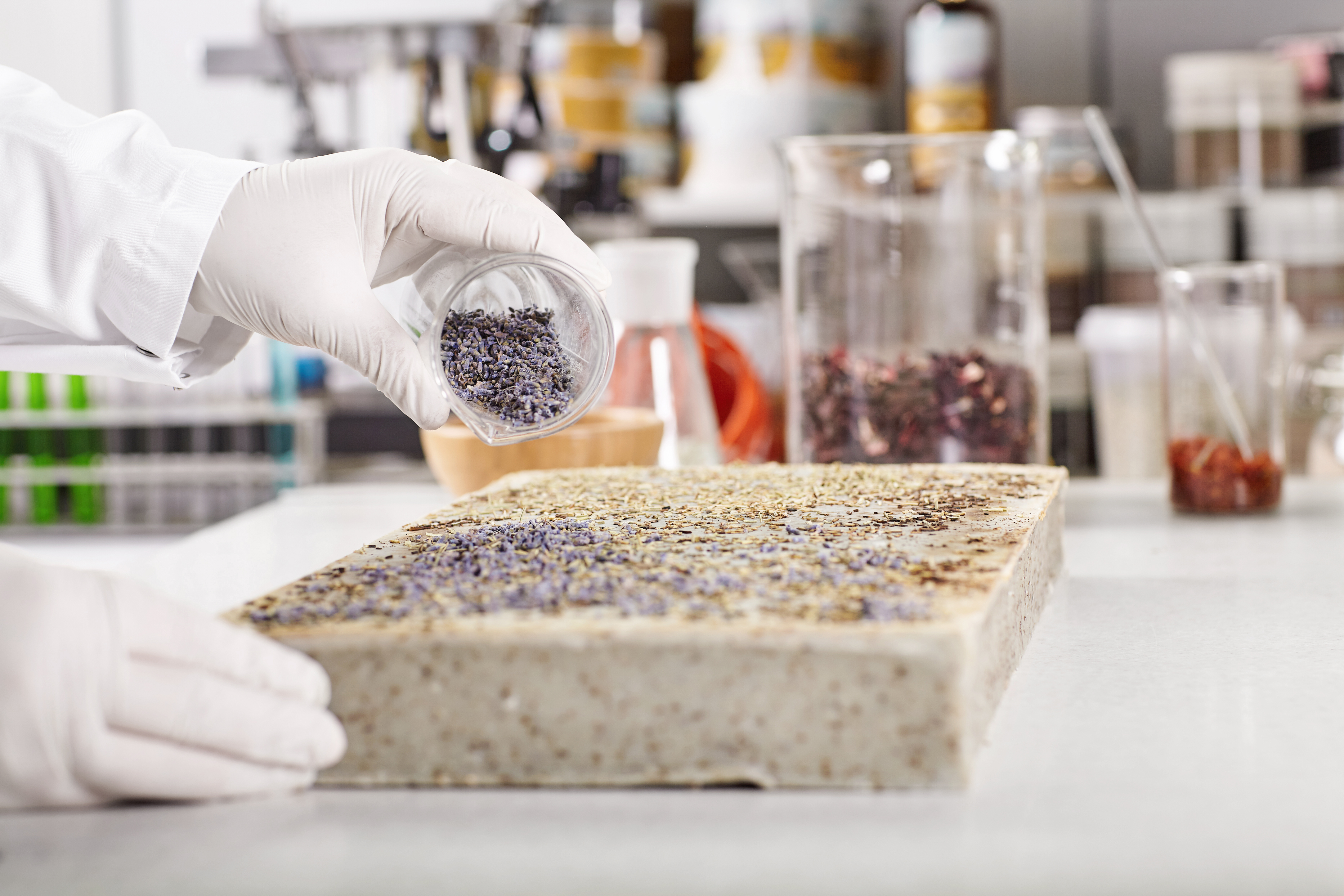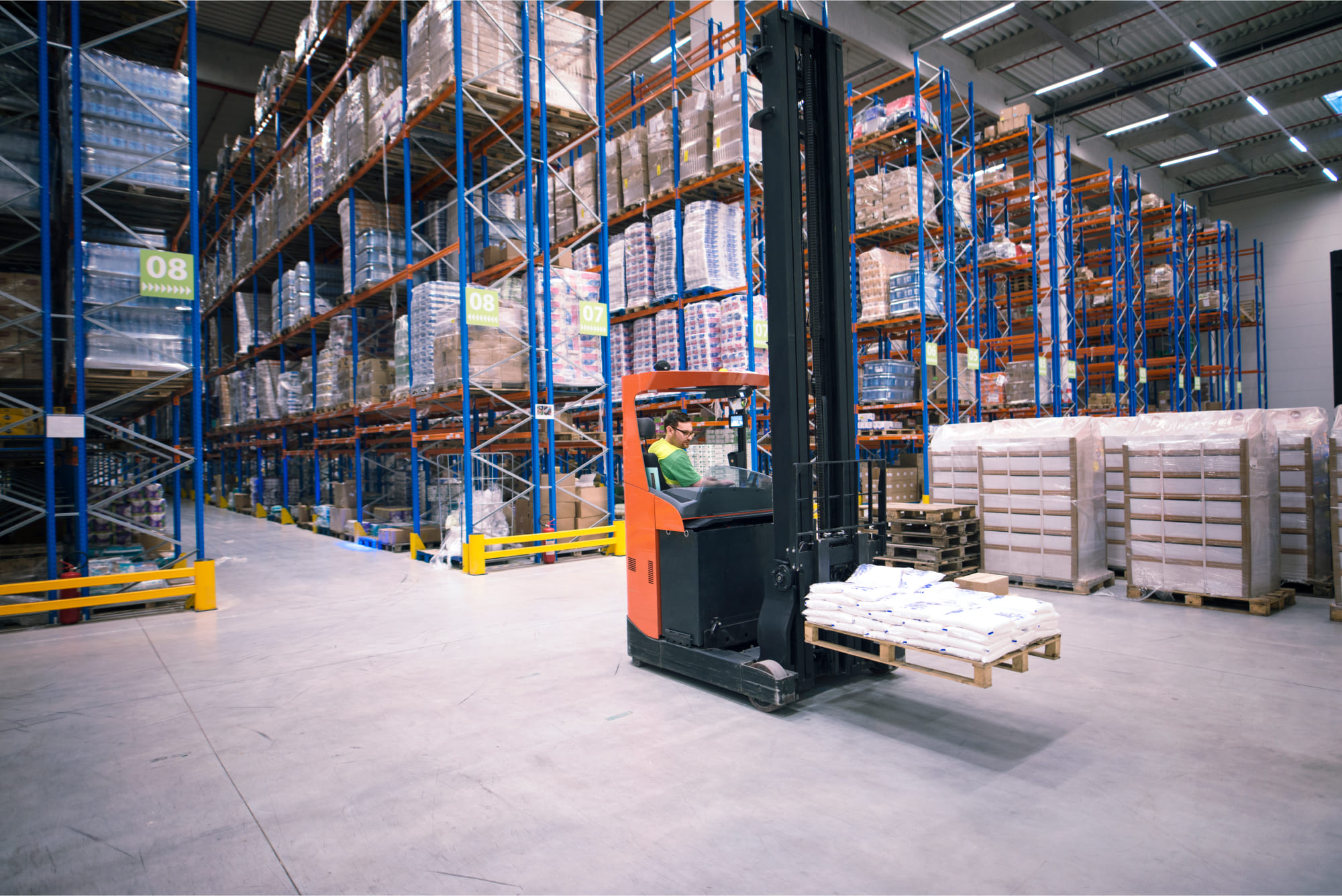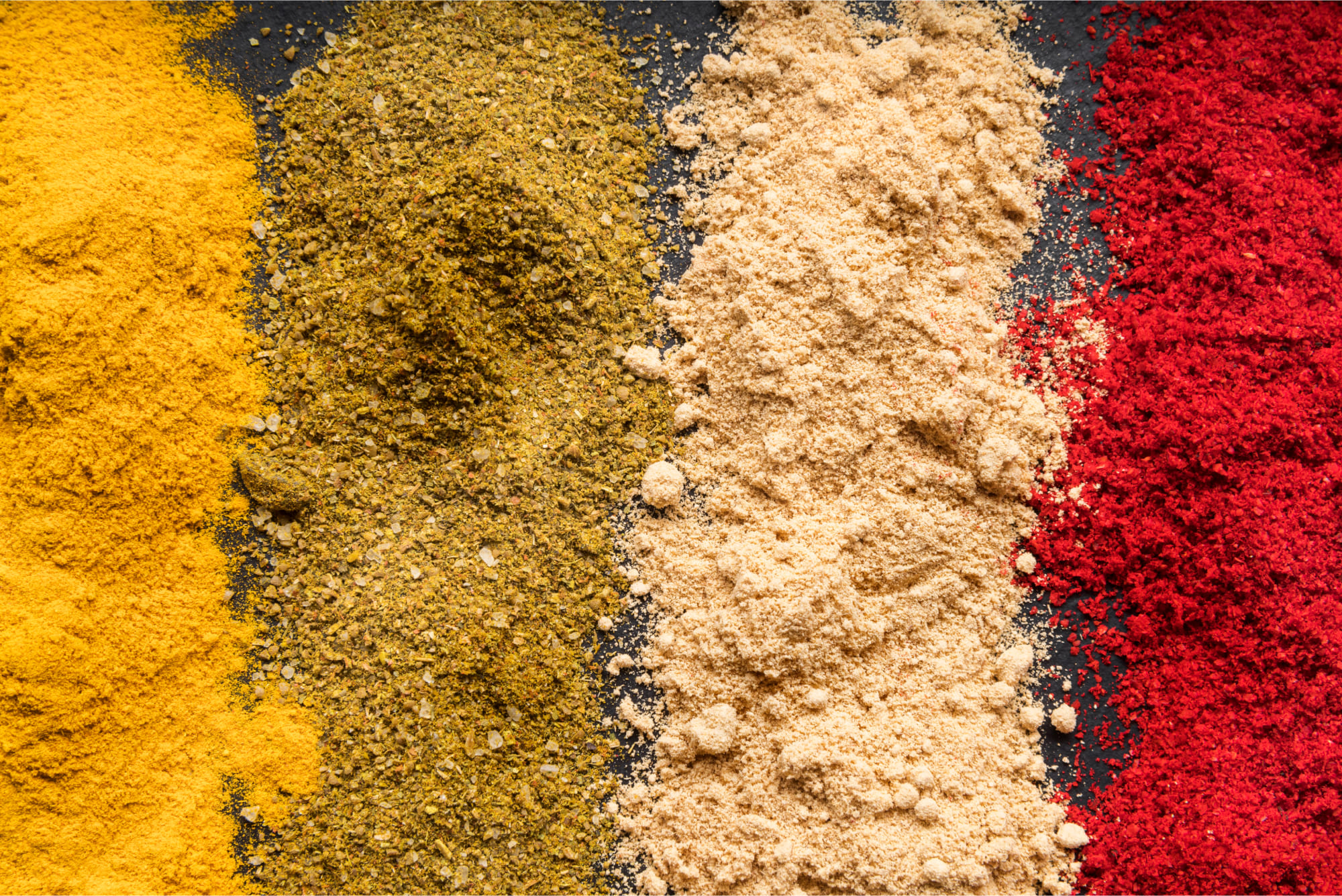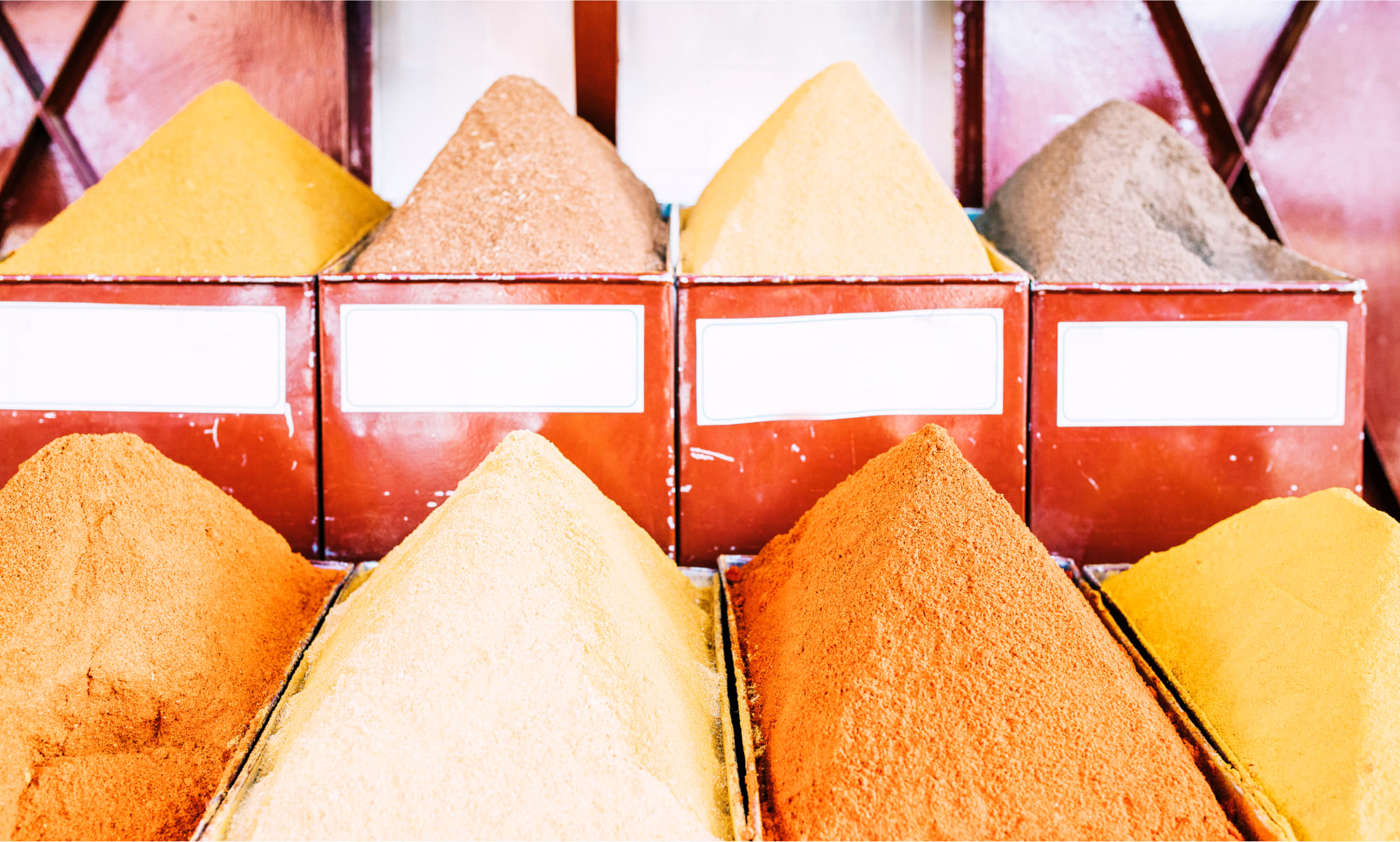Raw Material
Raw material testing is a critical phase in the pharmaceutical manufacturing process, playing a pivotal role in guaranteeing the safety, efficacy, and quality of the final drug product. This meticulous examination is conducted to verify that all incoming raw materials adhere to stringent regulatory standards and industry norms.
-
Key Objectives of Raw Material Testing
Quality Assurance :The primary goal is to assess the quality of raw materials used in pharmaceutical production. This involves testing for purity, identity, strength, and other relevant attributes.
Quality assurance at the raw material stage sets the foundation for producing pharmaceuticals that meet the required specifications.
Regulatory Compliance: Adherence to regulatory standards is non-negotiable in the pharmaceutical industry. Raw material testing ensures that all incoming resources comply with the specifications outlined by regulatory authorities such as the FDA, EMA, and others.
Compliance with these standards is vital for obtaining approvals and maintaining a solid reputation within the industry.
Risk Mitigation:Identifying and mitigating potential risks associated with raw materials is crucial. Testing helps uncover impurities, contaminants, or deviations that could compromise the safety or efficacy of the final product. Proactive risk management at the raw material stage minimizes the likelihood of manufacturing defects and product recalls.
Preventing Manufacturing DelaysUnsatisfactory raw materials can lead to manufacturing delays due to the need for corrective actions or the search for alternative suppliers.
Timely identification of non-compliant materials allows for swift resolution, preventing disruptions in the production timeline.
Cost Efficiency:Conducting thorough raw material testing contributes to cost efficiency by avoiding the use of substandard materials. This, in turn, prevents the need for rework, reduces waste, and minimizes the financial impact of recalls.
Ensuring Product Consistency:Consistency in the quality of raw materials is essential for batch-to-batch uniformity of the final pharmaceutical product. Rigorous testing protocols guarantee that each batch of raw materials meets the established specifications, contributing to product reliability and patient safety.
Water testing is a crucial process aimed at assessing the quality and safety of water for various purposes, including drinking, recreational activities, industrial use, and environmental
Read MoreMedical device testing is a thorough process conducted to verify the safety, reliability, and regulatory compliance of medical devices. It involves assessing the performance, usability
Read MoreCosmetic testing is a comprehensive process that involves various laboratory analyses to assess the safety, quality, and sensory attributes of cosmetic products. These analyses encompass
Read MoreHerbal products, derived from plant sources, are subject to rigorous testing to ensure their safety, quality, and compliance with regulations. Testing focuses on various aspects, with a key emphasis
Read MoreEnvironmental testing is a comprehensive process designed to assess how a sample, be it a product or material, responds to various stressors and conditions that it might encounter during its
Read MoreFood Testing Is A Crucial Component Of The Food Industry, Aimed At Verifying The Safety, Quality, And Compliance Of Food Products With Established Standards And Regulations. It
Read MoreOil Testing Plays A Crucial Role In Maintaining Product Quality And Compliance With Safety And Environmental Standards. From Refining To Distribution, The Process Of Oil Testing Involves
Read MoreElectrical testing refers to a series of evaluations and assessments conducted on electrical components, systems, and devices to ensure their safety, reliability, and performance. These tests are designed to verify compliance with industry standards, regulatory requirements, and specific performance criteria.
Read MoreMechanical Testing In various industries, Mechanical testing plays a pivotal role in ensuring the quality and reliability of materials and products. From manufacturing to construction, Mechanical testing encompasses several essential components
Read MoreBuilding material testing is crucial for ensuring the quality, safety, and compliance of construction materials used in various building projects. Similar to oil testing, building material testing involves several key components
Read More




